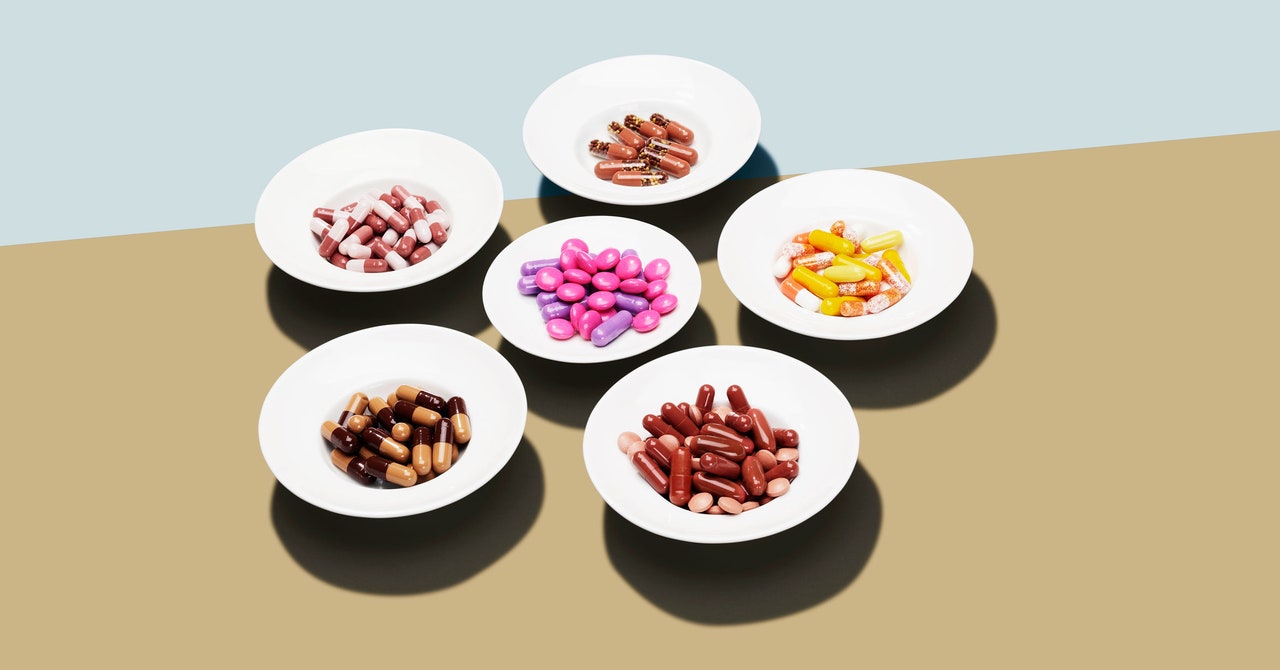
That feels like a good way to deal with the kinds of problems Woodcock and others identified with the drug-trial pipeline. In fact, Woodcock’s FDA this week issued a giant set of new guidelines for creating more of these master-protocol trials.
But none of that solves an equally urgent problem: time. It’ll be difficult for any of these studies to find Covid patients to enroll. “The nature of a pandemic is, it will have peaks and troughs at different times and places in the world. Right now our biggest recruiters, you won’t be surprised, are in India,” says Gordon of Remap-Cap. “Now, they are not as well set up for research as the UK and US are, so their numbers of recruits are far fewer than we recruited in the UK, even though their caseload is higher.”
Vaccines won’t ever eliminate Covid-19 completely. In countries where they’re available, some people refuse to take them; some countries can’t afford them. So good Covid drugs are still important. But even so, these trials feel a little late. “The concept is great. The concept a year ago would have been even better,” says David Boulware, an infectious disease physician and researcher at the University of Minnesota Medical School who’s involved with Activ-6 and some other Covid trials. Don’t chalk the delay up to science, he says, but politics.
Woodcock was at the FDA last year and worked on therapeutics as part of the Trump administration’s Operation Warp Speed. That program helped produce the vaccines that are now beating the pandemic, but the urgency for therapeutics was less … urgent. “Obviously the prior administration was not really interested in research, because this was all going to go away by last Easter,” Boulware says, tweaking then president Trump’s unfounded optimism in the early days of the pandemic. “So really this all came about after January 20, 2021.”
Wherever politics is an obstacle, so is money. (As Carl Zimmer wrote in The New York Times, by last January the US government had spent about $18 billion on vaccine research and development and about $8 billion on therapeutics.) As always, though, pharma money does a lot to clear a drug’s path. One of the early sort-of successes in the hunt for Covid drugs was remdesivir, a glossy antiviral made by the drug company Gilead; a US study conducted with the company’s aid and materials found in April of 2020 that it decreased the length of time people had symptoms; later studies including Solidarity found no impact on survival.
But off-patent drugs don’t make pharma companies the same money, so they don’t get the same corporate push. Studying cheap, repurposed medicines usually requires government funding. “A lot of these are generic drugs. So why have these not been pushed forward? Because there’s no patent, and therefore no profit motive for a pharmaceutical company. There’s no drug company saying, ‘We’ll give you $10 million to look at this,’” Boulware says. “So the government has to do it, and the government has to want to do it. The good news is, these are drugs available in low- and middle-income countries, or down the street at the Walgreens. It’s not ‘We’ve invented some newfangled medicine that we don’t actually have any of, but six months from now we’ll have enough to treat 10,000 people and it is going to cost $10,000 a dose.’”
Which leads to the other, grander insight that Woodcock hopes will prevent small-trial chaos in the next pandemic—more economical and more efficient master protocols for testing more than one drug at once. “What was interesting about this pandemic, if you look at all the results for therapeutics, especially for the immunomodulators, is there’s currently still a lot of back and forth about what regimen should be used, and we have conflicting trial results,” Woodcock says. “What that usually means is, there were small treatment effects and the trials weren’t powered adequately to give a definitive answer.” Big, multi-arm, master protocol studies are meant to bridge the gap between big drug companies running big, expensive trials on big, expensive drugs and the small, idiosyncratic ones that don’t produce enough new knowledge. During the pandemic, there haven’t been enough of those government-funded, ambitious, middle-ground studies—a flaw in the system that cost lives.
More From WIRED on Covid-19


